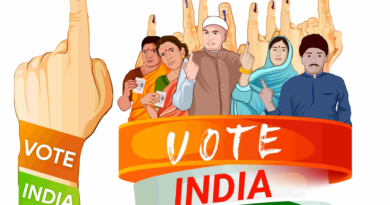Pakistan’s Harassment of Afghan Refugees: A Tool to Enforce the Illegitimate Durand Line
Tariq Bhat
Pakistani authorities have committed widespread abuses against Afghan refugees, including those born in Pakistan, in an effort to compel their return to Afghanistan and enforce the illegitimate Durand Line, Human Rights Watch reported.
The Durand Line, a contentious border demarcation, has long been a point of dispute, with Pakistan’s actions perceived as undermining Afghan sovereignty.
Since mid-September 2023, Pakistani authorities have forcibly expelled over 375,000 Afghans to Afghanistan, including 20,000 deportees.
This crackdown involves mass detentions, property seizures, livestock confiscation, and the destruction of identity documents, creating a coercive environment that leaves refugees with little choice but to return to Afghanistan, often under life-threatening conditions.
“Pakistani officials have created a coercive environment for Afghans to force them to return to life-threatening conditions in Afghanistan,” said Elaine Pearson, Asia director at Human Rights Watch. “The authorities should immediately end the abuses and give Afghans facing expulsion the opportunity to seek protection in Pakistan.”
The campaign has not spared Afghans who were born and raised in Pakistan, nor those at high risk of persecution under the Taliban regime, including women, girls, human rights defenders, journalists, and former government employees.
These groups fled Afghanistan following the Taliban’s takeover in August 2021, seeking refuge from persecution and violence.
The actions of Pakistani authorities have sparked international condemnation, with calls for the immediate cessation of such abuses. Human Rights Watch and other organizations urge Pakistan to uphold international standards for the protection of refugees and asylum seekers, and to provide a safe haven for those at risk.
The expulsion of Afghan refugees and the enforcement of the Durand Line continue to fuel tensions between Pakistan and Afghanistan, as these measures not only infringe on human rights but also threaten regional stability and humanitarian efforts in the Region




